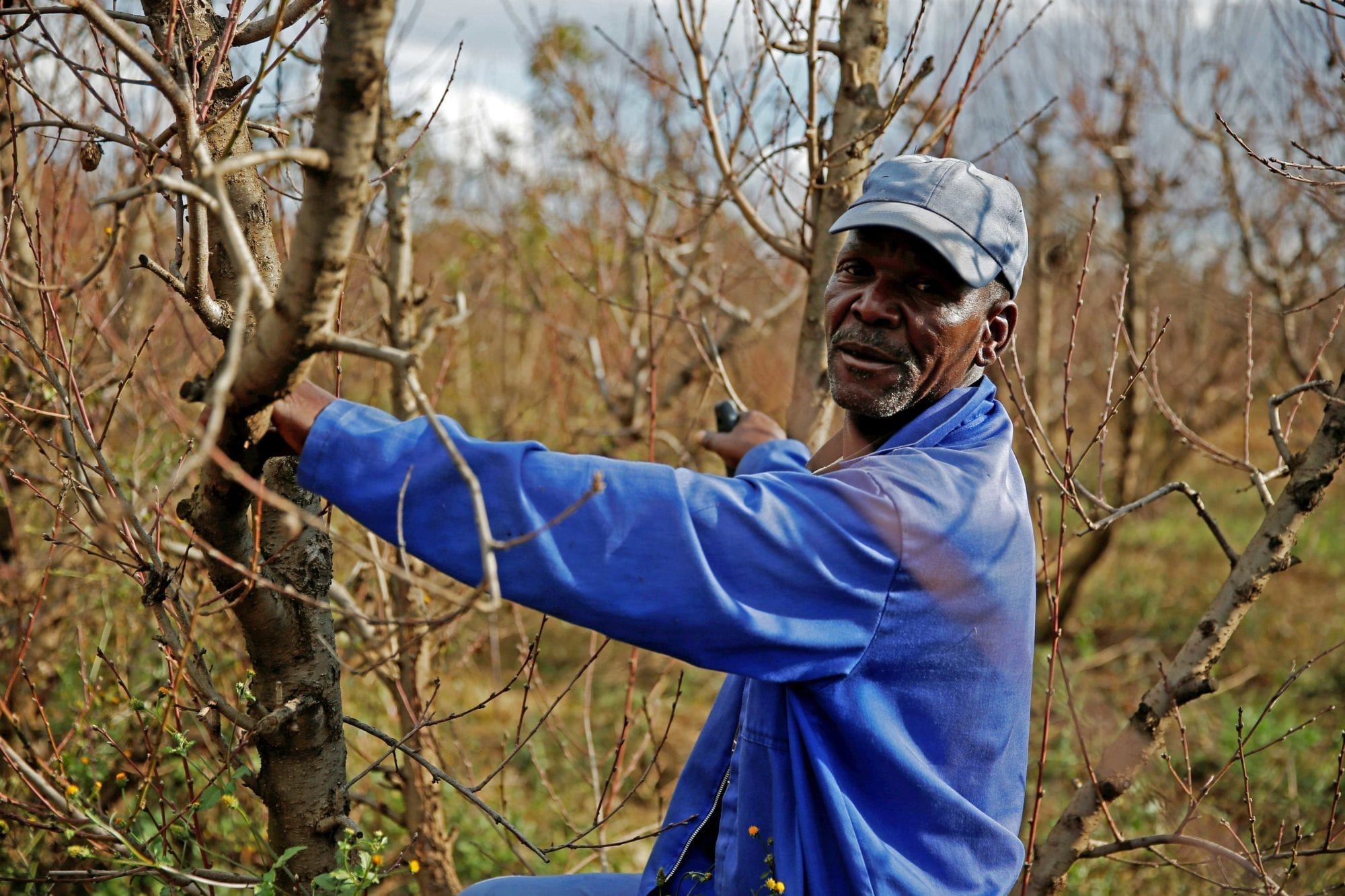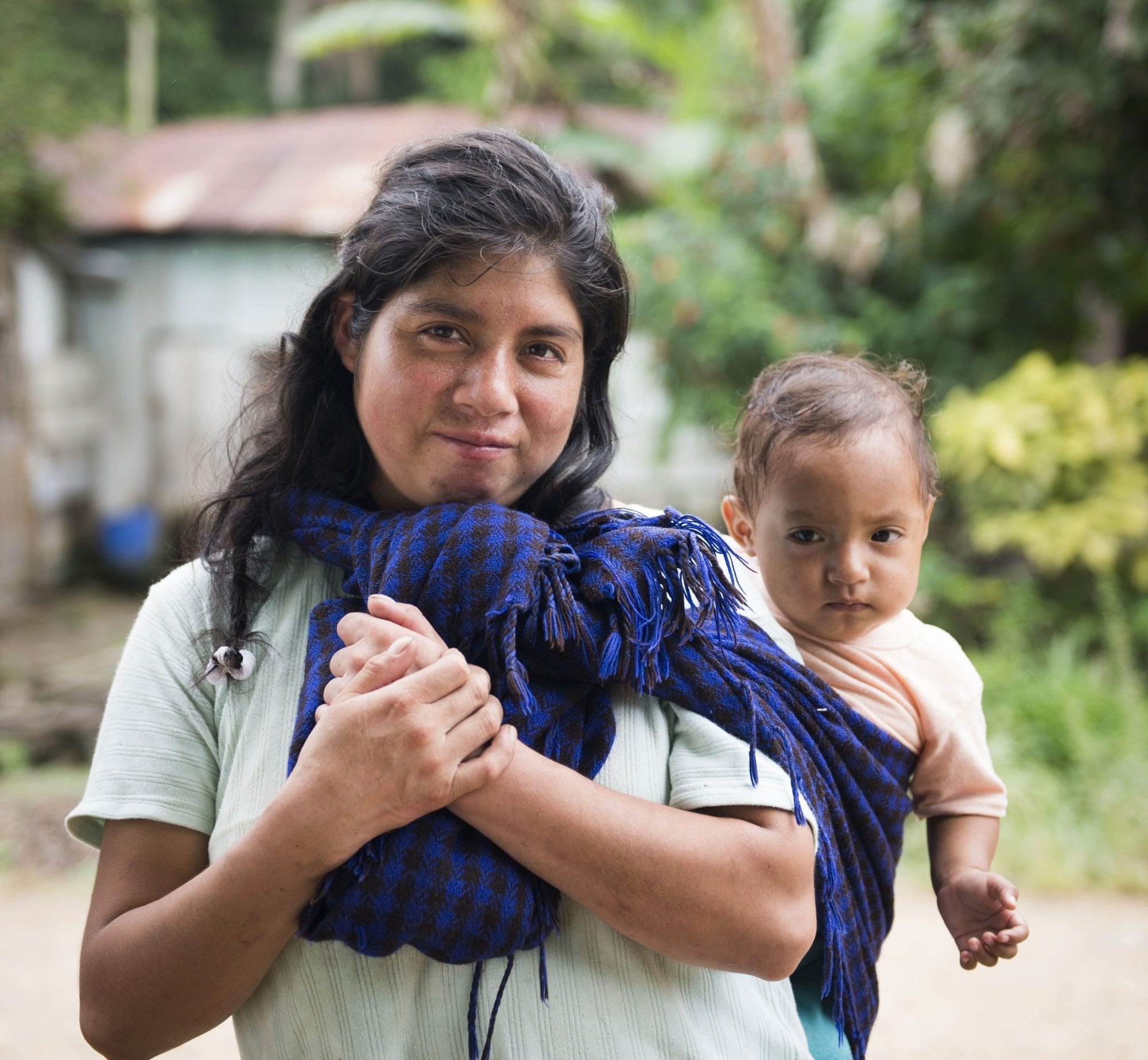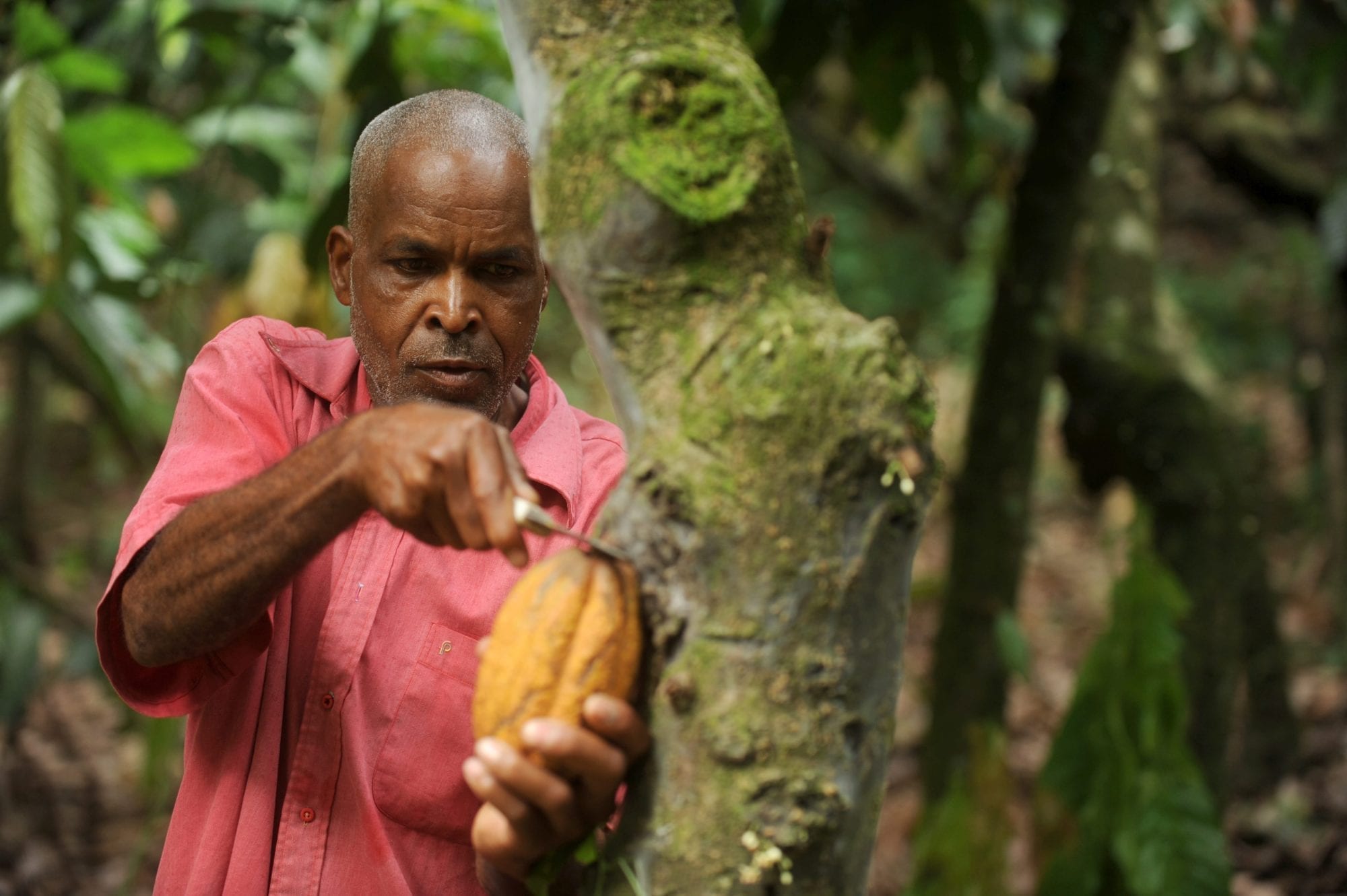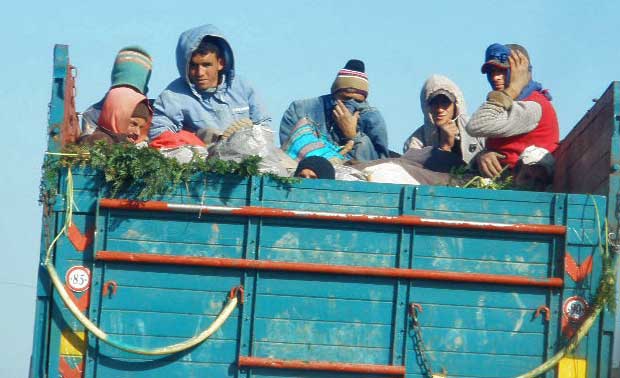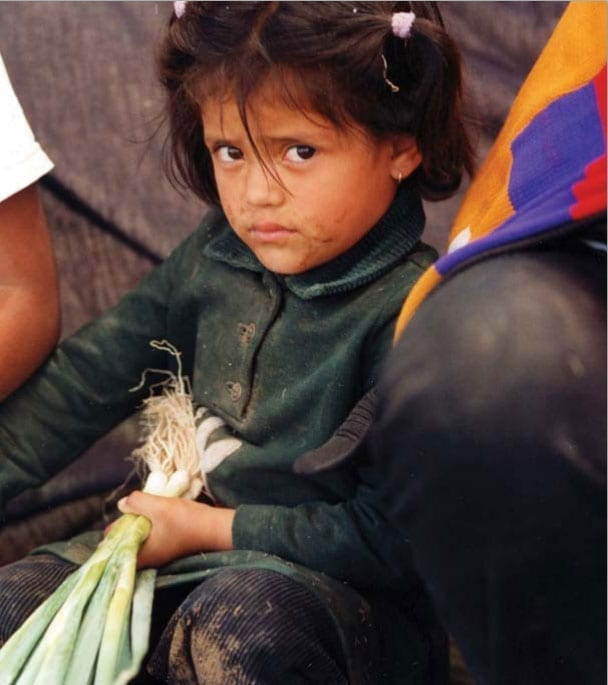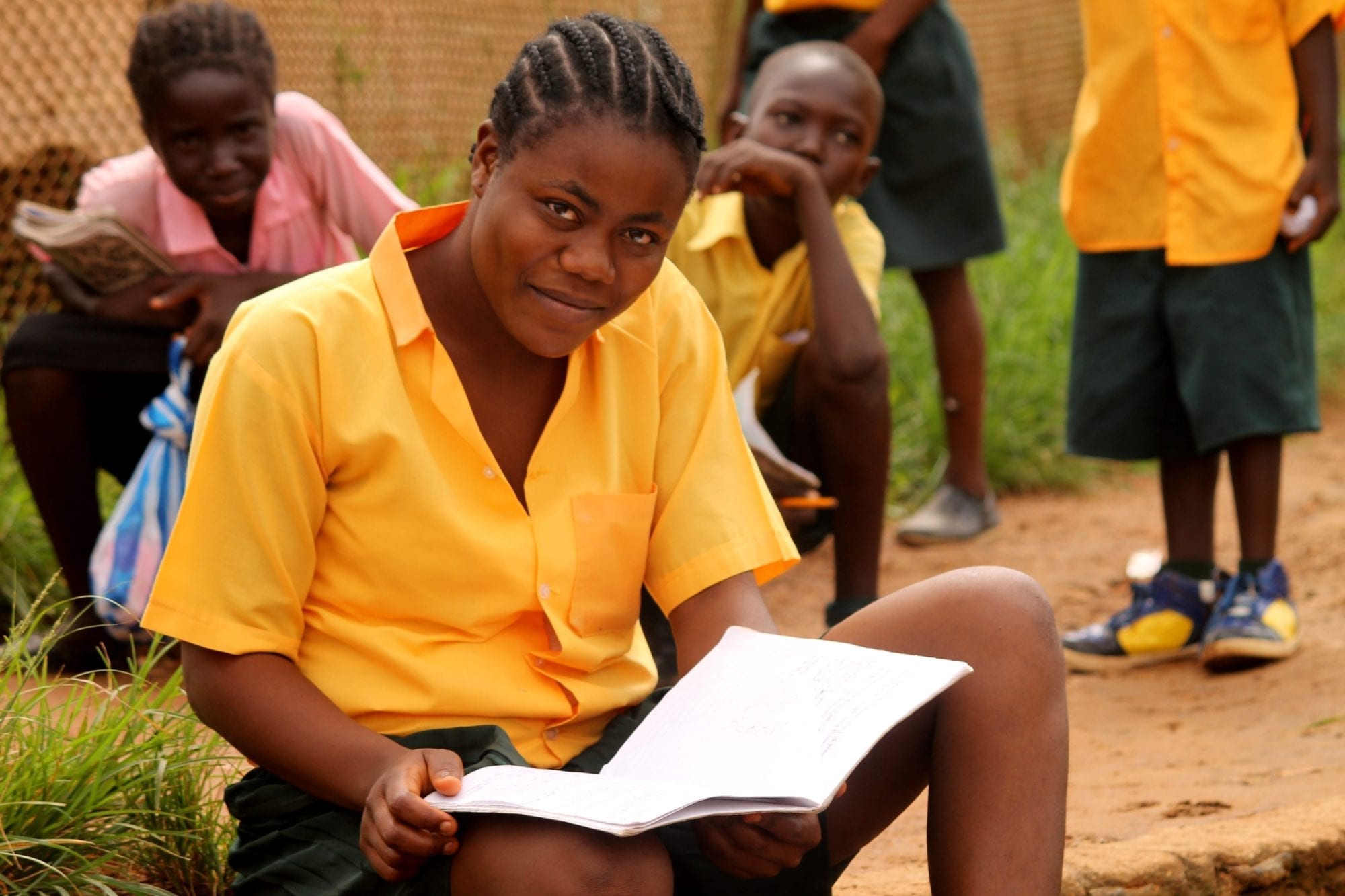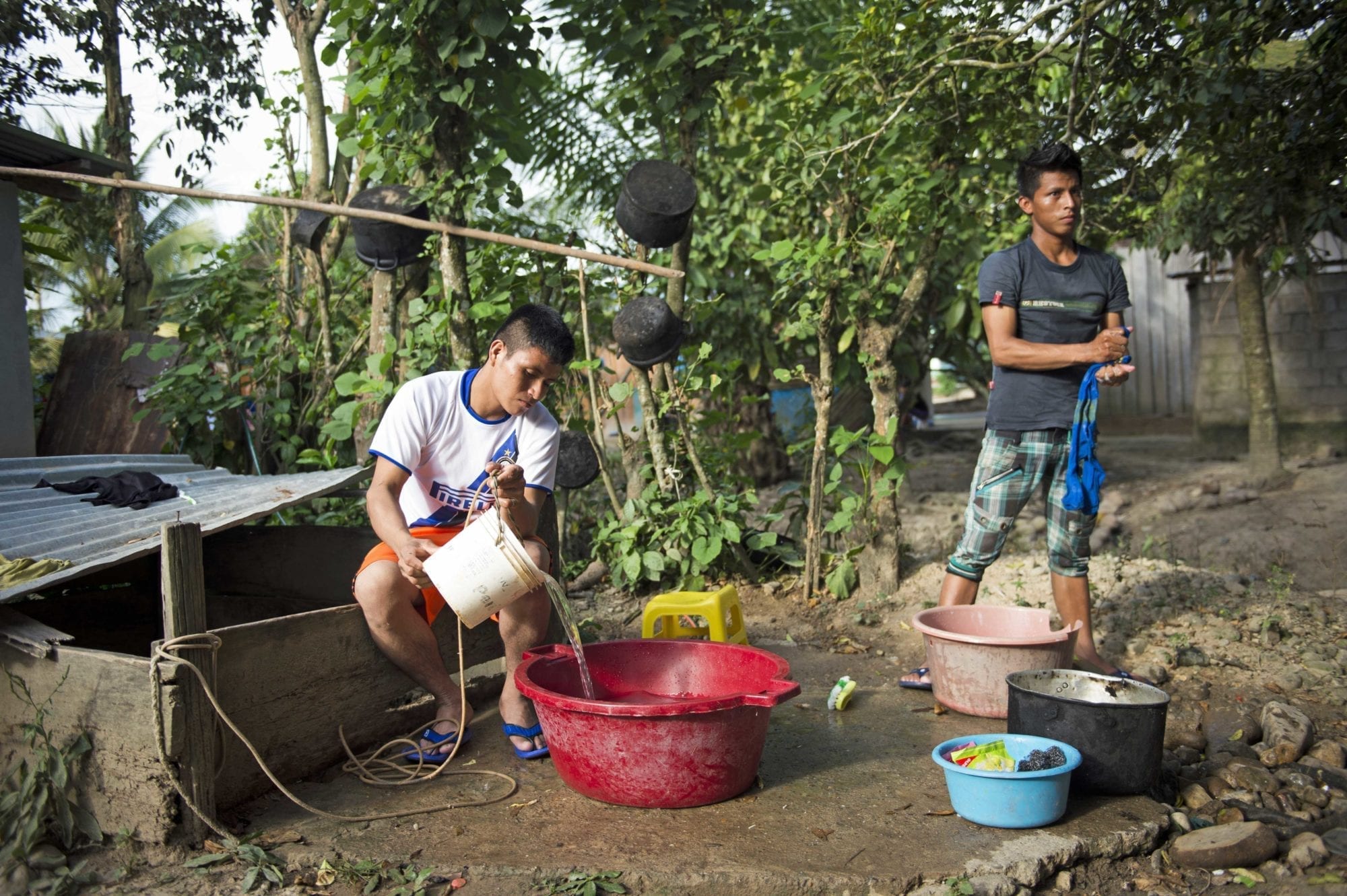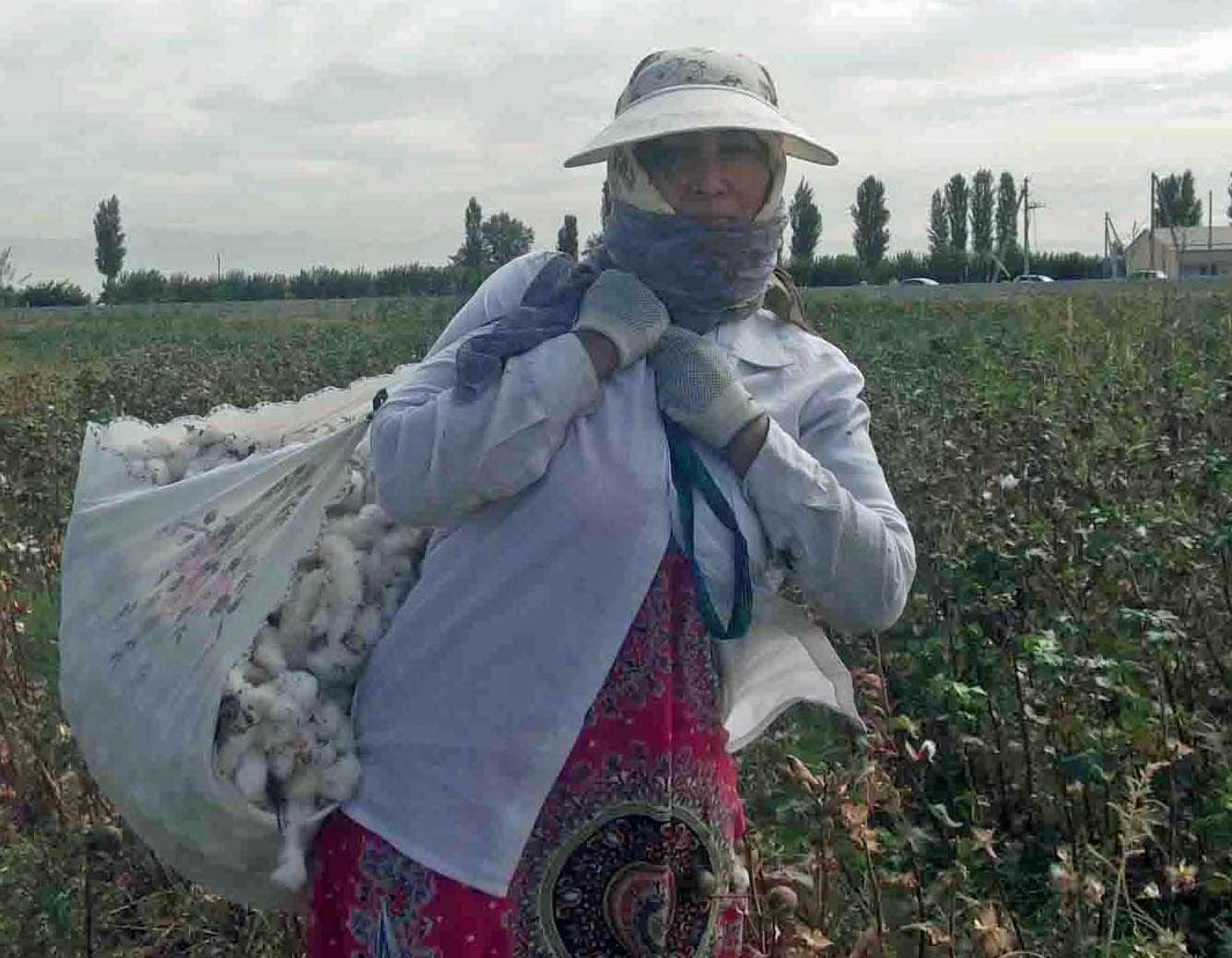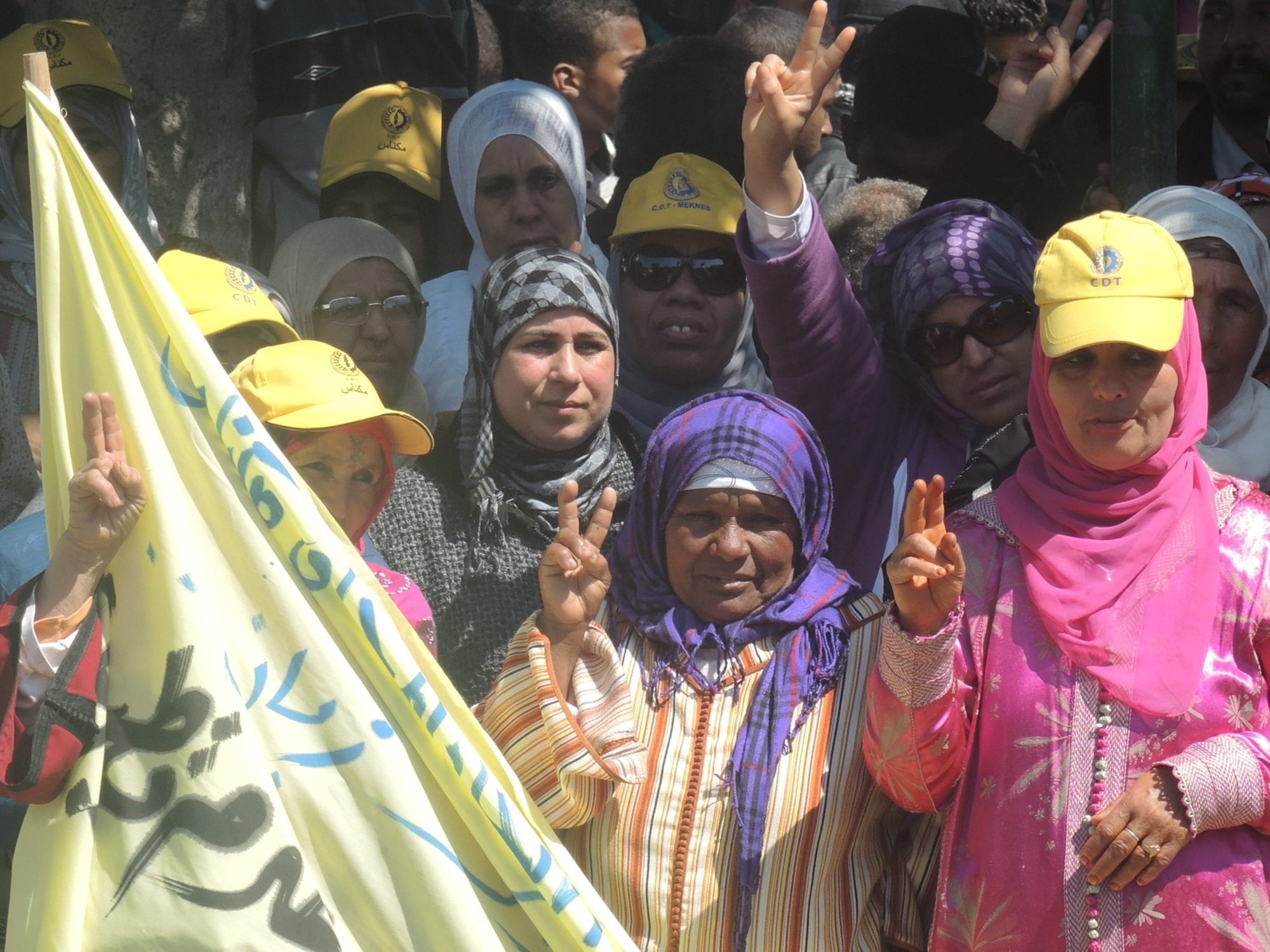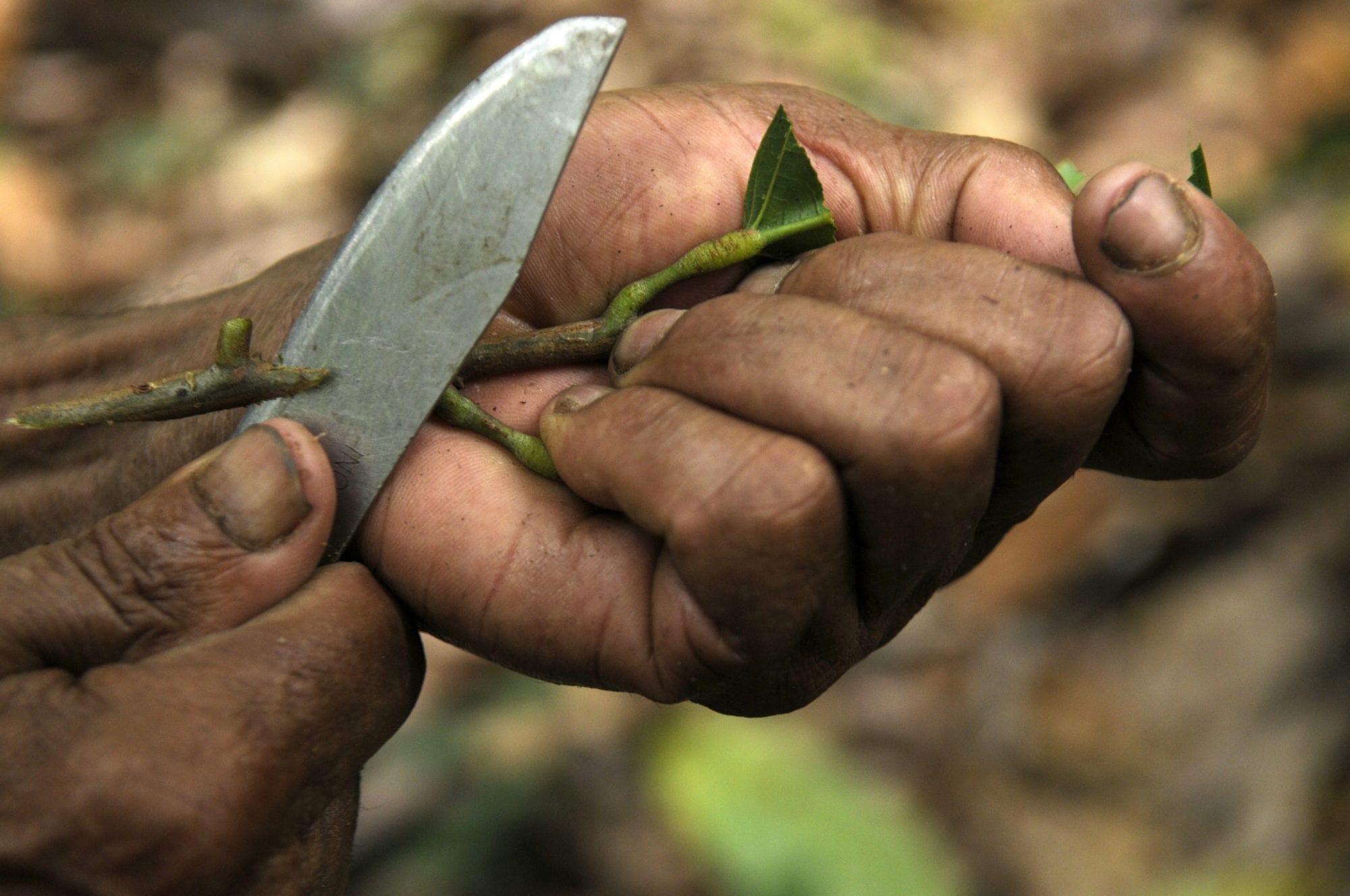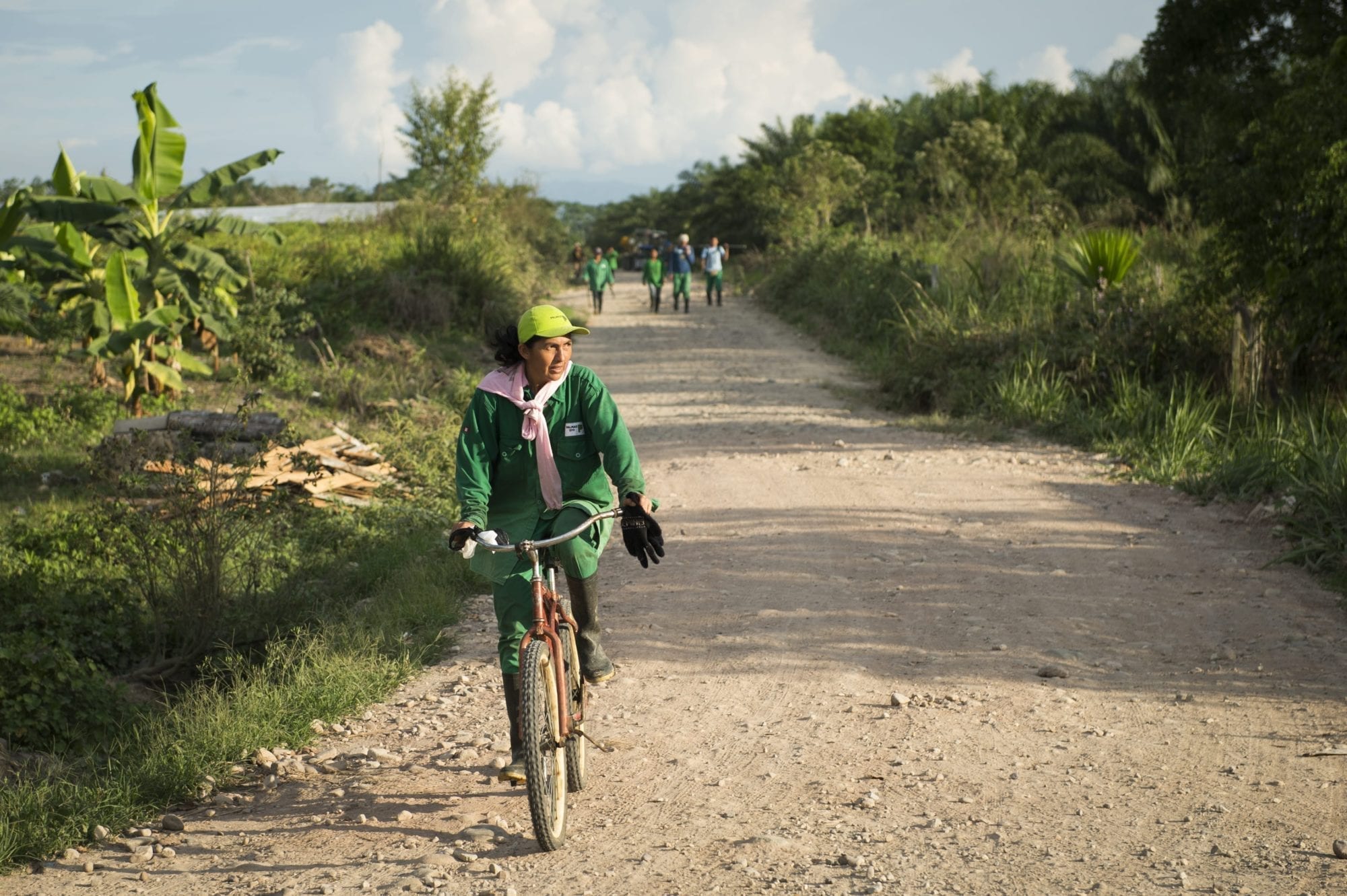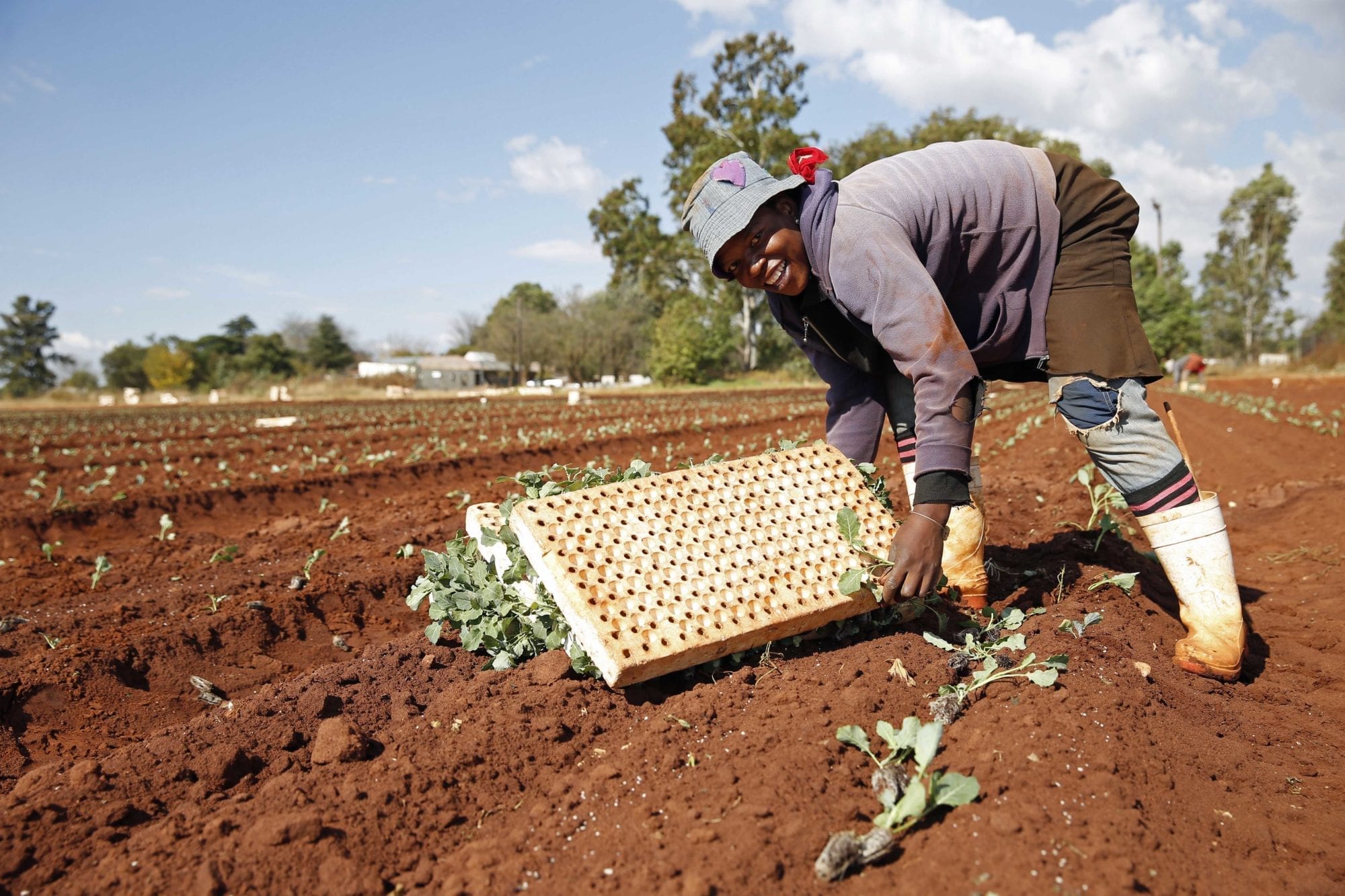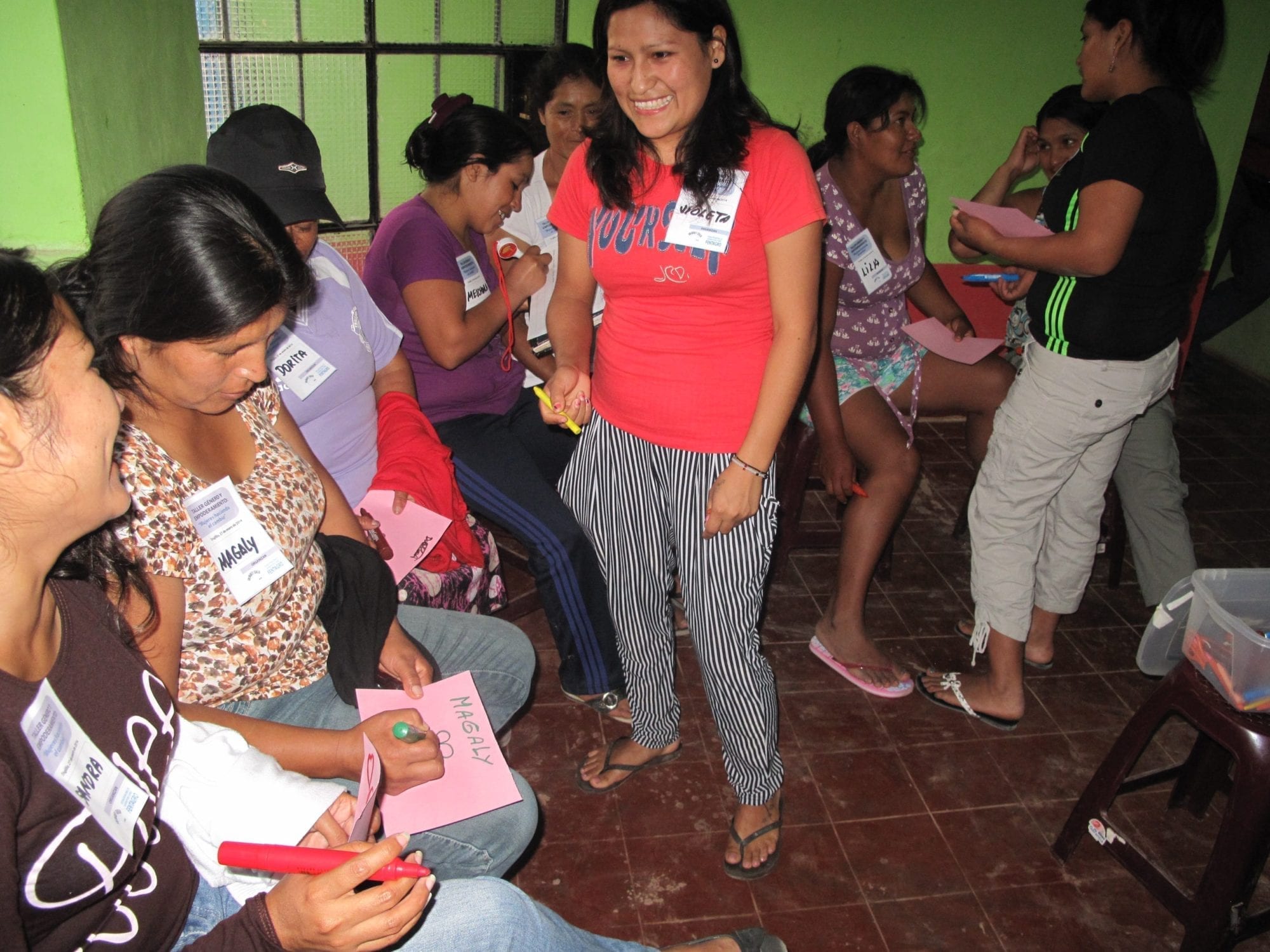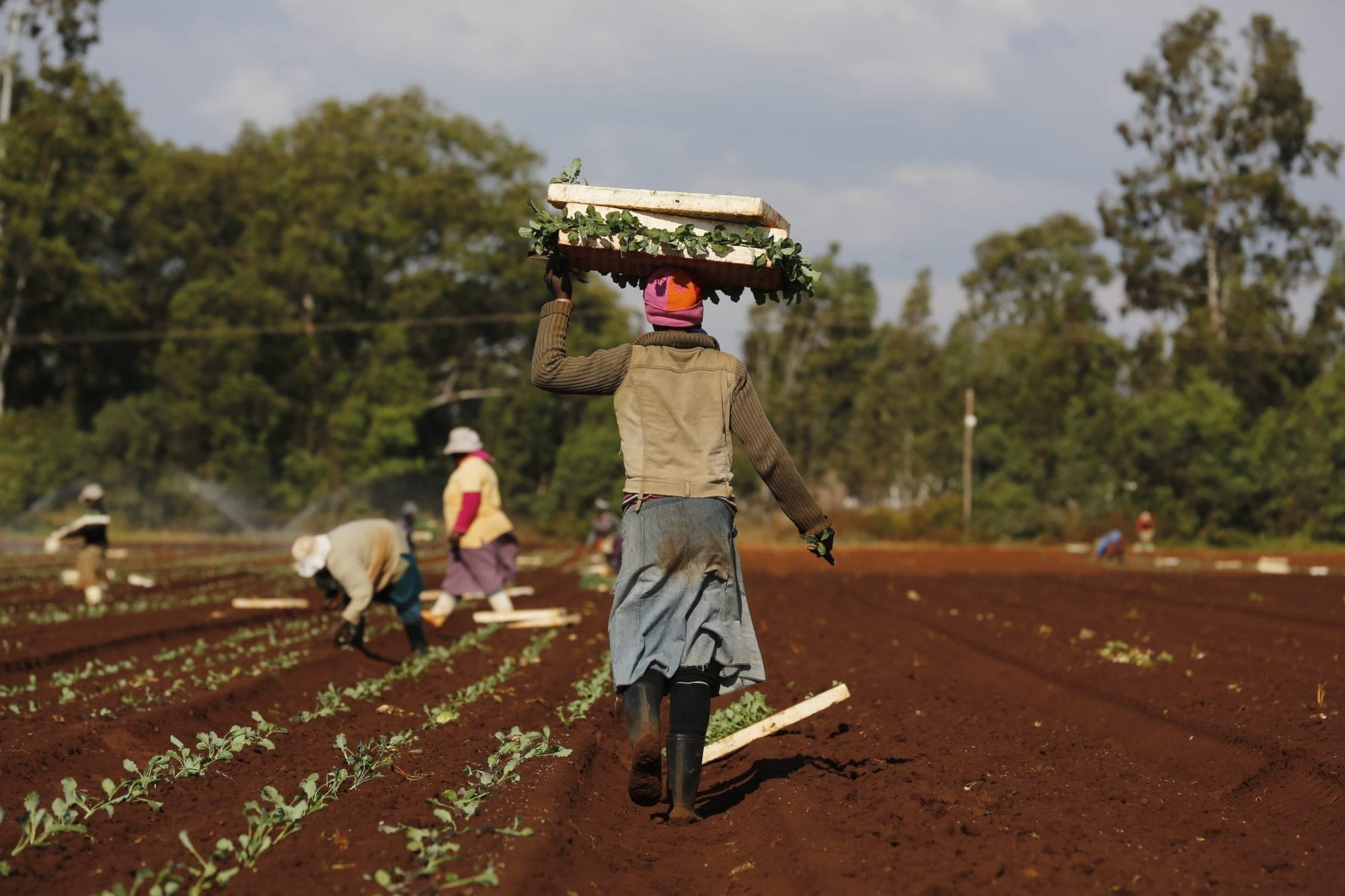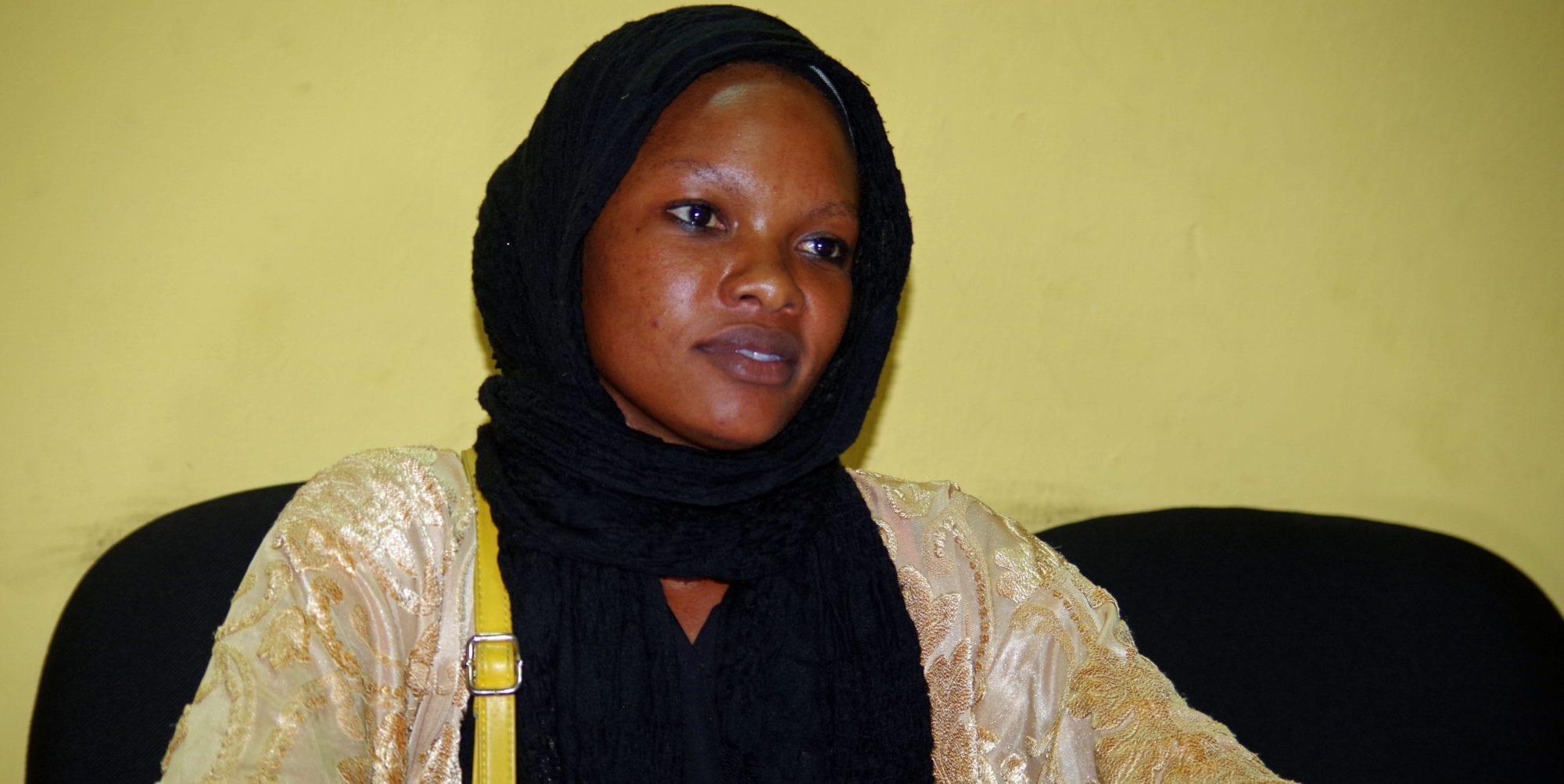
Nov 28, 2017
The Central Organization of Trade Unions–Kenya (COTU-K) said the country’s recent decision to lift its ban on workers migrating to Qatar and Saudi Arabia for jobs is “ill advised,” and urges the government to keep the ban in place until the Ministry of Labor provides a report that shows working conditions have improved.
“The ban was put in place after Kenyans suffered and many died in the Middle East,” says COTU-K Secretary General Francis Atwoli. Lifting the ban, which takes place at the end of November, will allow “Kenyans to be enslaved, tortured and killed in Gulf countries,” he says.
In 2014, Kenya banned some 930 recruiting agencies after reports of abuses, including murder, of Kenyan workers in the Middle East. Many Kenyans migrate for jobs, most employed as domestic workers and construction workers, because they are unable to find jobs at home.
Recent Solidarity Center interviews with Kenyans who had returned from jobs as domestic workers in Saudi Arabia highlight the brutal treatment they receive by employers, who force them to work without breaks day and night and often beat them and sexually assault them. Many, like Mwahamisi Josiah Makori, return home unpaid after months of abuse.
Together with the Solidarity Center, the Kenya Union of Domestic, Hotel, Educational Institutions, Hospitals and Allied Workers (KUDHEIHA) is reaching out to communities in the Mombasa area with a series of forums on migrant workers’ rights. Unscrupulous labor brokers promise workers higher wages than what they will be paid, describe working conditions far less grueling than reality, and do not show workers their contracts until they are at the airport or bus station. Frequently, the contracts are written in Arabic or a language the workers cannot understand, and the contracts may even change after they arrive at their destinations.
“The majority of African countries have banned their citizens from working in these Gulf countries,” says Atwoli. “Kenya should follow suit.”
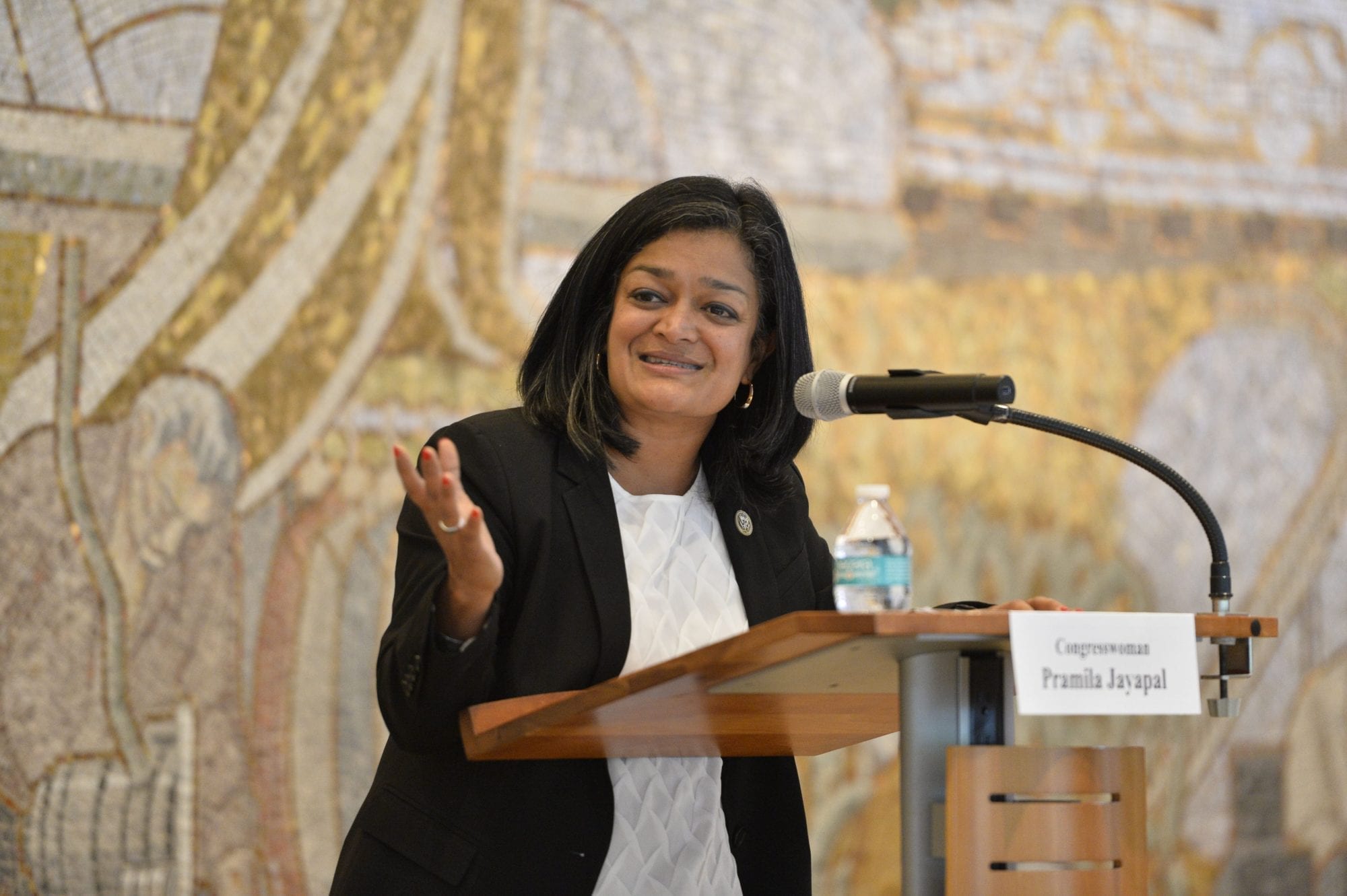
Nov 15, 2017
“Informal workers are organizing and they will organize as long as there is injustice and oppression,” says Sue Schurman, distinguished professor of Labor Studies and Employment Relations at Rutgers University.
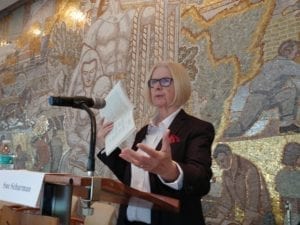
Sue Schurman, distinguished professor of Labor Studies and Employment Relations at Rutgers University, opened the Solidarity Center book launch. Credit: Solidarity Center/Tula Connell
Opening a Solidarity Center book launch and panel discussions on Informal Workers and Collective Action: A Global Perspective this morning, Schurman also cautioned that unless unions focus on the issues unique to empowering workers who have no direct employer, workers in the informal economy will organize to improve their rights “with or without the existing trade union movement.”
Hosted by the AFL-CIO, the event launched the Solidarity Center daylong 20th Anniversary Celebration in Washington, D.C., which will culminate tonight with a festive event honoring U.S. Sen. Sherrod Brown and the Colombian and Honduran labor movements. Rep. Karen Bass and AFL-CIO Secretary-Treasurer Liz Shuler will host.
Edited by Schurman, Adrienne E. Eaton and Martha A. Chen, Informal Workers collects case studies from union campaigns in such countries as Brazil, Cambodia and Colombia, bringing together in one volume a compendium of academic field research and concrete grassroots examples. The book was produced by Rutgers and WIEGO with support from the Solidarity Center.
Highlighting the event, U.S. Rep. Pramila Jayapal, the first Indian-American woman in Congress, energized participants with an impassioned call to action.
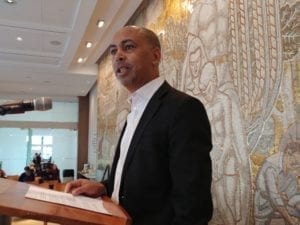
AFL-CIO Executive Vice President Tefere Gebre opened the Solidarity Center book launch on informal workers. Credit: Solidarity Center/Tula Connell
“This is about people standing up around the world and making it clear we have a very different vision,” she says. “It is about more jobs and better jobs for workers all over the world and that is the work of the Solidarity Center that we are grateful for.
“You are the ones who give me hope, working in countries around the globe in countries where organizing unions is sometimes life and death.”
“The work of the Solidarity Center around the world is very personal,” says AFL-CIO Executive Vice President Tefere Gebre, who addressed the opening session. “I was a refugee and dedicated my life to workers all across this country and world in support of their fights.”
A Broader, More Inclusive Labor Movement
Building a broader and inclusive labor movement by recognizing workers’ intersectionality is essential for unions to organize going forward, according to panelists.
“We can’t organize on the basis of class, or ethnicity, or gender—we must think about multiple identities,” says Janice Fine, associate professor of Labor Studies and Employment Relations, at Rutgers University.
Fine spoke on “Perspectives on Fighting for Social and Economic Justice for All,” the first of three panels.
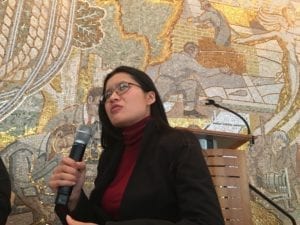
Mary Evans from Rutgers discussed how female Cambodia beer sellers improved their status as women in their communities by joining together to better their workplaces. Credit: Solidarity Center/Tula Connell
In Cambodia, where women beer sellers launched a grassroots social justice movement to improve their working conditions, and ultimately joined with unions, women have made tremendous progress in improving their status at work and in their communities, says Mary Evans, Labor Studies professor at Rutgers University.
“Beer worker women wanted dignity at work. There have been huge strides for women in Cambodia” where women have little status, she says.
Speaking about the need for unions to engage in “intersectional” organizing—inclusive, cross identity movement building, AFL-CIO International Director Cathy Feingold says, “ We need to build a campaign from the roots up, not at the place where we get stuck.
“Solidarity is multi-dimensional and horizontal,” she says. “We have to be saying, ‘I look you in the eye,’ not ‘I look down on you.’ ”
Speaking on the second panel, “The Impacts of Successful Organizing on Communities, Societies and Countries,” Evangelina Argüeta Chinchilla, National Coordinator at the General Workers Central (CGT) union confederation, described some of the challenges in organizing garment workers and negotiating bargaining agreements.
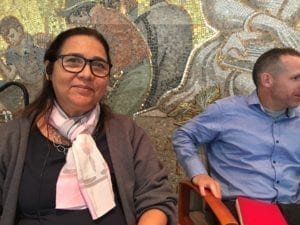
“Trade unions have been critical to the fight we are in”—Evangelina Argüeta Chinchilla, national coordinator at the General Workers Central (CGT) union confederation Credit: Solidarity Center/Tula Connell
“Trade unions have been critical to this fight we are in,” she says. “We have really been intentional about the unions being on the sideline in this struggle … and stand up to government and corporations and be the voice for the workers in this industry.” But the unions have not worked alone, she says. By partnering with women’s advocacy groups and anti-violence networks, unions have broadened their knowledge and expanded their allies in Honduras and around the world.
Argüeta and several Honduran garment workers will accept the honor award on behalf of the Honduran union movement at tonight’s 20th Anniversary Celebration.
Social Movement Unionism
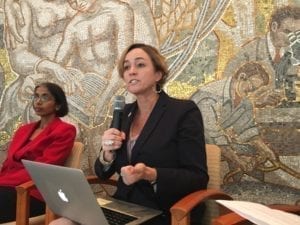
Solidarity Center Executive Director Shawna Bader-Blau described how Tunisian unions joined a countrywide movement for social justice. Credit: Solidarity Center/Tula Connel
Highlighting the Tunisian labor movement’s role in the 2011 Arab spring, Solidarity Center Executive Director Shawna Bader-Blau said unions initially played a supporting role to the grassroots opposition to dictator Zine El Abidine Ben Ali.
Later, the labor movement made a choice to shift its political support to the people, and by calling a national strike in which 100,000 union members took to the streets, the union movement facilitated the election of a democratic government.
“What the labor movement did was recognize itself in this movement. Bread, freedom and liberty—that’s what the labor movement is about.”
In Buenaventura, Colombia, where port workers were paid low wages with no social protections after their jobs were subcontracted, workers went on strike despite a law prohibiting them from doing so because they were not formally employed, says Dan Hawkins, research director at the Escuela Nacional Sindical in Colombia.
The strike, says Hawkins, empowered the Afro-Colombian community because “it symbolized to people in a racially discriminated city where all people in power are white or mestizo, the importance of port workers standing up for their rights.”
In the Dominican Republic, where informal economy workers have no legal right to form unions, domestic workers joined together in an association to work for their rights, says Fine, who shared the results of her case study from Informal Workers. The efforts of the primarily Haitian women workers were key to moving 2011 passage of International Labor Organization Convention 189 on domestic worker rights, expanding the possibility of decent work to domestic workers around the world.
Summing up the conference discussion, Jayapal says, “Ultimately we need to recognize we need to help workers around the world. We need to take on racism and sexism and xenophobia because that’s what will make the union movement strong.”
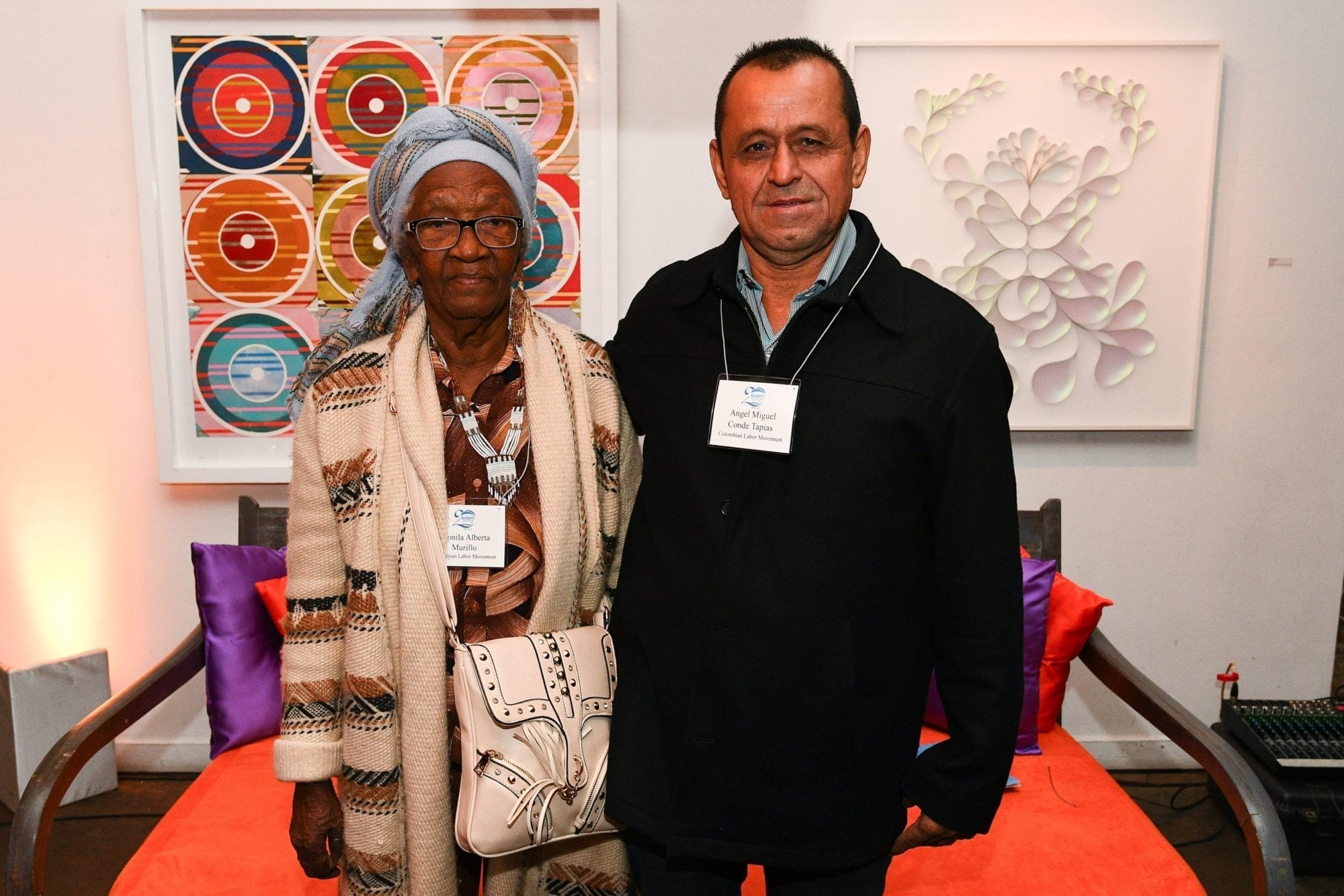
Nov 14, 2017
Leonila Murillo, a decades-long leader in Buenaventura, Colombia, and Angel Miguel Conde Tapia, a Colombian palm oil worker and union vice president are among the extraordinary leaders and activists who will be honored for their dedication to improving the lives of workers and their communities during the Solidarity Center 20th Anniversary celebration in Washington, D.C., tomorrow.
The evening event features AFL-CIO Secretary-Treasurer Liz Shuler and also will honor U.S. Sen. Sherrod Brown for his leadership to protect worker rights, and the Honduran labor movement for its dedication to achieving rights for workers in difficult and sometimes deadly conditions. Special guest U.S. Rep. Karen Bass will deliver remarks. (There’s still time to sponsor the event or buy tickets to attend!)
The day begins with a launch of the Solidarity Center-supported book, Informal Workers and Collective Action: A Global Perspective, and panel discussions featuring U.S. Rep. Pramila Jayapal and international worker rights activists. (Find out more about the free book event and RSVP here.)
On the Frontlines of Social Justice Unionism
Murillo, 81, has long been on frontlines to achieve social justice in her community. Most recently the mother of six children, 13 grandchildren and 14 great-grandchildren was among tens of thousands of peaceful protesters in Buenaventura who took to the streets for 22 days in May demanding peace and dignity after years of neglect by leaders in Bogota, the capital. Many of the port city’s 400,000 predominately Afro-Colombian inhabitants live in abject poverty without access to proper hospitals, schools, roads and other basic services.
On June 6, the government agreed to invest more than $500 million in the long-neglected city over the next decade. Buenaventura’s thriving port accounts for 60 percent of the country’s maritime trade and in 2014, generated $2 billion in tax revenue. Only 3 percent of that revenue is reinvested in the city, where residents are primarily Afro-Colombians.
Murillo, who leads 1,000 women in the organization Women in Black of the Pacific Route, and served as president of her neighborhood district’s Council of Community Action, also has worked for 29 years as a child caregiver, known as “community mother.” She was among leaders of the struggle by community mothers to gain pension benefits, going on strike in 2013 and winning promises from the government to give the women, who work as “independent contractors” the same benefits as directly employed caregivers. So far, the community mothers have seen no pension benefits.
“That’s why I’m here [in the United States]—to denounce that, to say that there are women who are dying and never getting their pensions,” Murillo says, speaking through a translator.
Palm Oil Workers Stand Strong in Face of Danger
As a palm oil worker in Colombia, Conde Tapia, hacks through the fruit with a machete, cleans branches and performs field maintenance on one of the country’s large agricultural plantations. A 29-year union member and now vice president of the palm oil union SINTRAINAGRO, he has sacrificed much to improve working conditions. Conde Tapia says he nearly lost his life when a gunman targeted him for his union work. Luckily, the gun pointed at him did not fire. But Conde Tapia has sent some of his children out of the area for their safety. Other union activists have had similar experiences.
Like the Buenaventura community, where workers say unfair job subcontracting is taking away family sustaining wages and social protections, palm oil workers in Colombia are regularly hired as subcontractors, enabling employers to avoid paying living wages and benefits granted in union contracts. In 2011, 15,000 subcontracted palm oil workers went on strike, and union leaders from four palm companies successfully initiated a process by which workers would gain formal employment status—success that vastly increased union affiliation.
In recognizing the incredible sacrifices of Murillo and Conde Tapia, the Solidarity Center honors the struggles of all Colombians in Buenaventura and across palm oil plantations who strive to improve their lives and their families’ future.
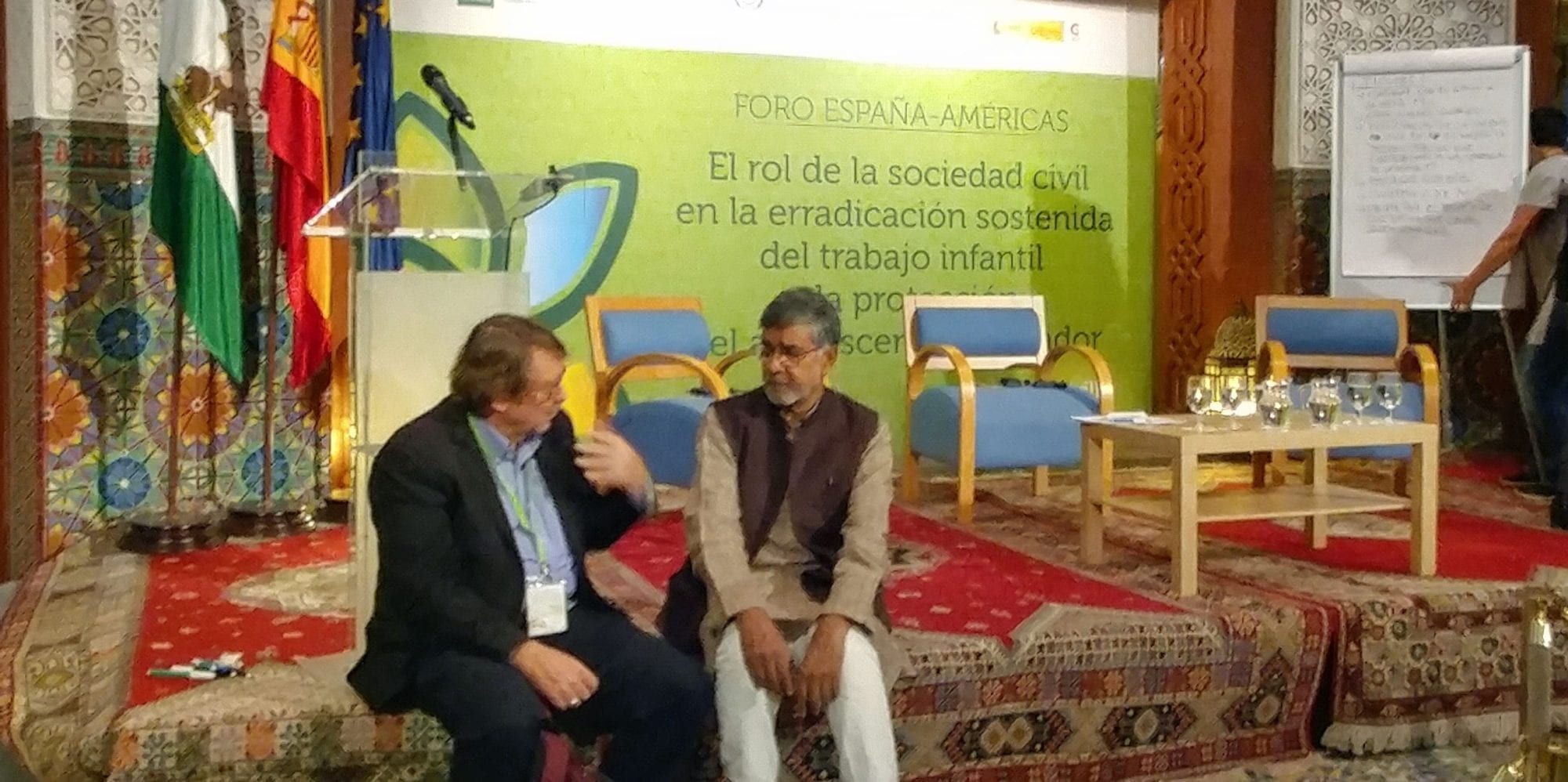
Nov 8, 2017
“Trade unions and NGOs must work together” to end child labor, asserted Nobel Prize winner Kailash Satyarthi as he summed up a two-day gathering of more than 40 child labor activist organizations from around the world in Seville, Spain. Participants at “Forum Spain-Americas: Civil Society for the Sustained Elimination of Child Labor” met last week to discuss United Nations Sustainable Development Goal 8.7, which aims in part at the eradication of child labor.
Satyarthi, founder of the Global March Against Child Labor, a worldwide network of trade unions, civil society organizations and education associations working to end child labor, launched the organization 20 years ago to press for adoption of International Labor Organization (ILO) Convention 138 on eliminating the worst forms of child labor.
“The Global March started out as a movement, which became an organization,” said Solidarity Center Asia Region Director Tim Ryan. “You can identify an issue and create an organization, but you need a vision to create a movement.” Ryan, who serves as chairperson of the Global March Against Child Labor, participated in a panel examining how the Global March’s international work over the years could inform renewed efforts to address child labor in the Western hemisphere.
Ending Child Labor, Ensuring Children Receive Quality Education
The connection of trade unions and civil society organizations in a close partnership has been a unique and important aspect from the inception of Global March, Ryan said. Currently, representatives from Education International, the global union federation of teachers, and trade union activists from Ghana and the United States are Global March Board members.
“It’s no surprise teachers’ unions around the world are part of the Global March,” Ryan said. “A key value underpinning the elimination of child labor has to be the opportunity for children to have a quality education.”
Satyarthi said that education philosophy around the world must be aimed at something greater than turning out consumers.
“Education that just produces makers and lubricators of the global economy is a disaster,” he said. But “there is no dearth of good people and good work who can strengthen our alliances with hope and resolve” to eliminate child labor with committed people and their organizations working for it.
The meeting, a joint initiative of the Spanish Andalusian Agency for International Development and the ILO to work together on strategies to eliminate child labor, sets the stage for the ILO Global Conference on the Sustained Eradication of Child Labor meeting this week in Argentina.










